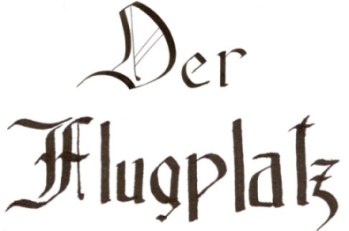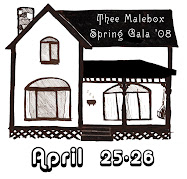Going on over at Sam's Place
contemplations...
Materialists and Madmen never have any doubts.- G.K. Chesterton
I sometimes wonder what life would be like without doubts...
... about faith
... about God
... about creation
... about the bible
... about my decisions
... about my future
... about just about everything
G.K. explores this thought in the second chapter of his book entitled "Orthodoxy". Follow this thought for a second.
Imagination is the cornerstone of sanity. Imagination does not breed insanity, reason breeds insanity. "Poets do not go mad; but chess players do. Mathematicians go mad, and cashiers; but creative artists very seldom. Poetry is sane because it floats easily in an infinite sea; reason seeks to cross the infinite sea, and so make it finite."
Chesterton is not talking of logic, but of reason. The thought or motivation that everything must be explained, there must be a mathematical, scientific answer to all of man, all of creation, all of space. It is this type of "maniac" that us poets must collide with when discussing eternity, God, the reason of life... Poets can discuss these ungraspable concepts because they do not disbelieve anything... they are open to suggestion, to visions and to dreams... the reasonable man's disbelief is what makes him so dangerous. The mystic may not believe in God, but the athiest can't believe in God, it is impossible. He has so closed his mind to the unexplainable that he no longer has a choice. Whereas the mystic continues to have a choice.
Don't confuse the "mystic" as some pagan, uneducated, astrologist gypsy... I am a "mystic" and am none of those things... Well, I may be ignorant, but I am at least an educated ignoramous... The point is this: A man of only reason can never accept Christ, because the foundation of Christ is faith, and faith is one of those ungraspable, undefinable, mystical things that is much like the wind... I can feel it, see its influence, explain where it comes from, but in doing these things the wind continues to slip my grasp.
The poet only asks to get his head into the heavens. It is the logician who seeks to get the heavens into his head. And it is his head that splits.
This reminds me a lot of Sidney's Defense of Poesy, an essay on the artist's validity in a world that reveres science so highly. Sidney says that while the math nerds and scientists are bound by merely describing the world around them, poets can say anything. He goes even further suggesting that they write the world and things as they should be, not just as they are, and that our ability to create something new is an example of God in us, a way of imitating His Creation with something small of our own.
Another interesting point is the idea that poets are never liars, since they never really affirm anything, while scientists can hardly escape lying while trying to measure the distance between stars or what new potion will cure our ills. This was in response to one of the three main attacks on artists of the time, that 1.) they are liars, 2.) there are many more fruitful things to spend your time doing, and 3.) that poetry entices us to too many desires.
Sidney also points out the now cliched defense for fiction, that it can present truth in a more receivable way. "Now therein of all sciences is our poet the monarch. For he doth not only show the way, but giveth so sweet a prospect into the way, as will entice any man to enter into it." It might be wise to keep 1 Cor. 2:1-5 in mind while reading this, just about not placing faith in your own eloquence when talkin' bout the Lord.
This is a great quote from the essay, about poetry's place in the learned world:
"This purifying of wit - this enriching of memory, enabling of judgment, and enlarging of conceit[power of creation] - which commonly we call learning, under what name soever it come forth, or to what immediate end soever it be directed, the final end is to lead and draw us to as high a perfection as our degenerate souls, made worse by their clayey longings, can be capable of."


No comments:
Post a Comment